If you are born with wealth, you can’t earn the wealth… which is why you subconsciously deny, reject or don’t feel deserving of it
The journey of self-acceptance and the quest for personal worth take on unique dimensions against the backdrop of inherited wealth.
For those born into affluence, the path to embracing one's fortune is at times filled with internal conflicts and societal pressures, leading to a paradoxical relationship with wealth.
This phenomenon, which is rooted in the psychological complexities of identity and value, shows that inheriting wealth doesn't automatically equate to inheriting a sense of entitlement or worthiness to it.
At the heart of this challenge lies a deep-seated belief that true worth and respect are earned, not bestowed… not given.
This ethos, prevalent in many cultures, champions the narrative of self-made success, subtly implying that inherited wealth lacks the same legitimacy or honor.
For next gen/ inheritors, this can translate into a pervasive sense of being an impostor in their own lives, haunted by the notion that their financial security and lifestyle are unearned, thereby undeserving.
This psychological battle often manifests in various forms of denial or rejection of wealth.
It may take shape as guilt, over spending or investing money, reluctance to embrace one's financial status publicly, or even a compulsion to prove one's worth through achievements independent of the family fortune.
These behaviors underscore a deeper quest for validation—a longing to earn one's place in the world outside the shadow of inherited wealth.
The irony of this predicament is that while striving to dissociate from their wealth, individuals may inadvertently distance themselves from their true selves and potential.
This detachment not only impedes personal growth but also clouds the ability to leverage their resources for broader, positive impact.
To navigate this intricate emotional landscape, a multifaceted approach is required—one that fosters self-awareness, cultivates gratitude, and encourages a redefinition of personal value beyond financial metrics.
This is the type of work I do with my private clients.
Embracing one's wealth as part of your life's context, rather than its defining feature, can pave the way for a healthier relationship with money.
This involves recognizing that while wealth may shape opportunities and experiences, it does not determine one's character, worth, or capacity for contribution.
Moreover, finding purpose and meaning in stewardship, philanthropy, or entrepreneurial ventures can transform inherited wealth into a tool for self-expression, personal and societal benefit.
By dropping the guilt and/or need to prove and actively engaging with your wealth in ways that reflect your values and passions, you can forge a sense of ownership and pride in your legacy.
In essence, the journey toward reconciling with inherited wealth is as much about personal discovery as it is about financial management.
It's a process of learning to see wealth not as a determinant of worth but as a unique resource, a true gift with the potential to craft a legacy of impact, innovation, and individual fulfillment.

